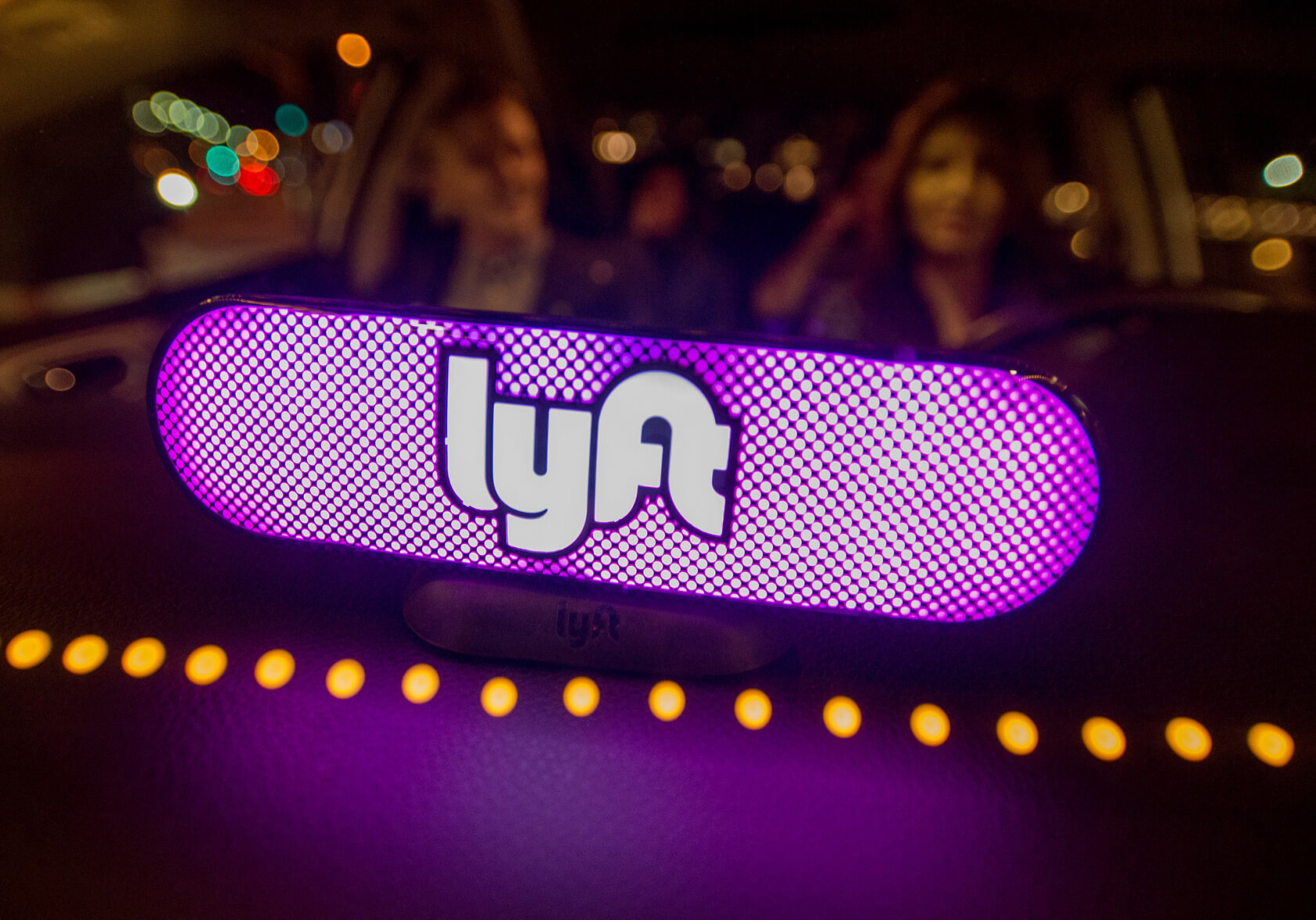Lyft has released its annual economic impact report, which details various statistics related to the business.
In 2017, Lyft provided 23 million riders with 400 million rides. The company claims this earned its drivers over $3.6 billion --- double the earnings from 2016. It also contributed to passengers spending nearly $2 billion in their local communities.
The quality of the ridesharing service is quite high in the opinion of its passengers as well. Ninety percent of rides in 2017 were given five out of five stars, and riders have tipped drivers more than $240 million. Riders also feel that Lyft rides are safe with 95 percent saying that their drivers drove safely.
More interesting is the claim that people are doing away with their personal vehicles in favor of using ridesharing services.
"Passengers are exploring their cities, spending more at local businesses, and staying out longer with a reliable ride home."
"Hundreds of thousands of passengers got rid of a household vehicle thanks to the availability of ridesharing," says the company.
According to a survey of 30,000 people from 52 major cities, 50 percent say that they use their car less because of Lyft, and 25 percent say that it is less critical for them to own a car now. In larger cities, people seem more inclined to give up their cars than in the towns with lower populations. This makes sense considering the traffic problems and congestion that you see in places like New York City.
However, for those who choose ridesharing over their own personal transportation, smaller cities seem to have a higher number of riders per capita. For example, in Portland Oregon, which has a population of around 600,000, 53 percent say they use their cars less in favor of ridesharing. By contrast, only 40 percent of riders in New York (pop. 8.5 million) say that they use their vehicles less.
Lyft, like competing services Uber and Waymo, is working on self-driving vehicles, which it says that 83 percent of its ridership is interested in using. I would like to revisit these stats once autonomous vehicles start hitting the roads. It's a tech that personally makes me nervous, and I would like to think that more than 17 percent of the population shares my concerns.
